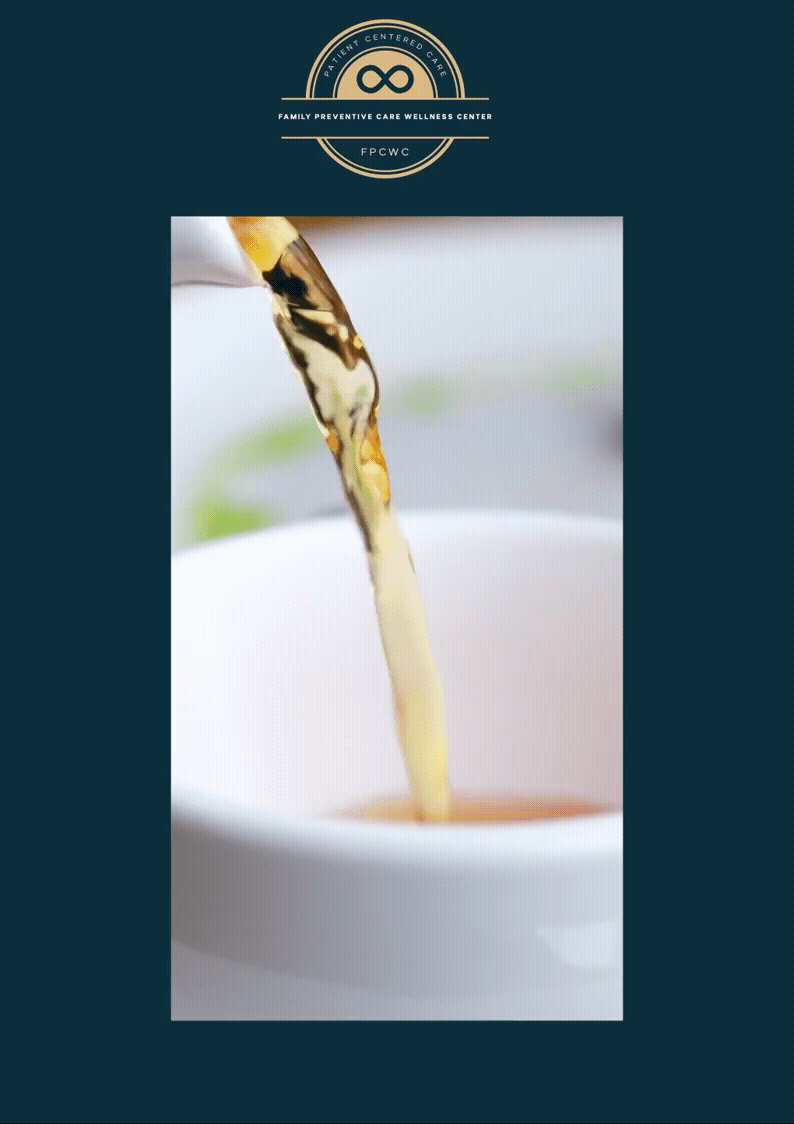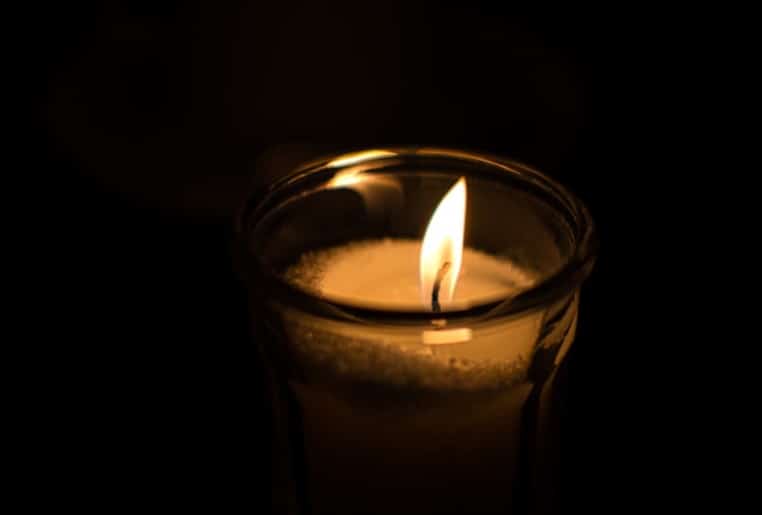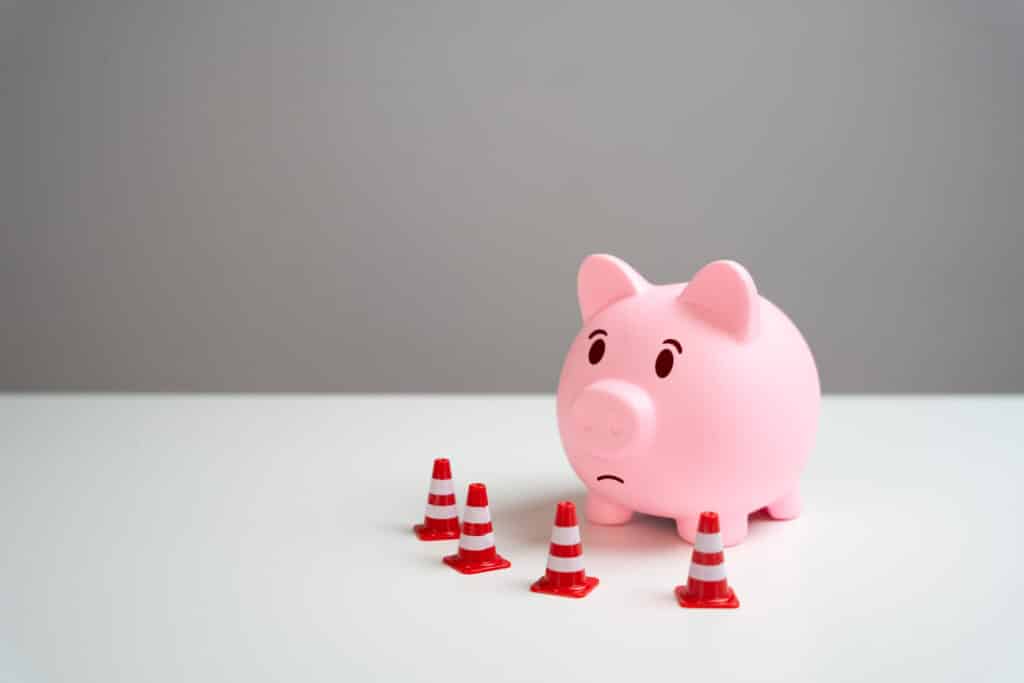I. The Core Message: You Deserve to Be Grounded
Acknowledge the Season’s Pressure
The holidays often force us into a cycle of “giving until it hurts,” leading straight to burnout and overwhelming stress. It’s easy to get lost in the pomp and circumstance—the endless planning, crowded stores, long lines, and mounting frustrations.
To maintain a healthy mental state this season, setting boundaries and staying grounded isn’t optional; it’s imperative. Instead of making grand, exhausting gestures, this year, let’s appreciate the power of simplicity. The most profound and lasting impressions often come from meaningful small gestures. As we embark on this season, let’s take time to reflect on ways to lessen the financial and emotional demands while leaving a deep, lasting impression on the ones who matter most.
Power of Pause: Refilling Your Cup
It is truly wonderful to put others first, but constantly pouring from an empty cup is simply unsustainable. For your health, we need to shift the mindset: self-reflection and recharge aren’t selfish; they are mandatory. To be genuinely present and helpful to others, you must be fully charged. Trying to give when you’re already depleted can further deteriorate an unstable mental state. It’s time to normalize the act of taking time for yourself and prioritizing rest.
This process starts by normalizing the word “No.” Learning how to set clear boundaries, defining realistic priorities, and managing the expectations of those around you are essential skills for survival during the holidays. Ultimately, self-care is about self-worth. You are uniquely special, and it’s time to embrace what makes you, you, and appreciate your value. Remember this above all else: You are enough.
Routine is Your Anchor
During the most chaotic times, your personal routine acts as the anchor that keeps you from drifting away. When external demands increase, making time to unwind daily isn’t a suggestion—it’s essential stress management. This means sticking to your non-negotiables: exercise, meditation, and consistent sleep. These are the core pillars that keep your energy stable and prevent burnout.
We encourage you to find creative ways to reconnect with your inner self and recharge. This could look like taking a walk to mindfully enjoy nature, dedicating time to a new self-care regimen, or using a bedtime routine to disconnect from screens. Try starting a new herbal tea ritual or settling in with a good book as options to intentionally unwind.
II. Essential Strategies for Staying Grounded
Once your routine becomes your anchor, you need a set of simple, non-negotiable health habits.
1. Mindful Movement
It doesn’t have to be an hour-long gym session. The goal here is consistency over intensity. Movement stimulates the production of endorphins, your body’s natural mood elevators.
- Quick Idea: A 10-minute “stress-release stretch” routine first thing in the morning.
- Actionable Examples: Take a brisk 20-minute walk, or turn on your favorite song and take a spontaneous dance break.
2. The Daily Check-In (Reflection)
This is your dedicated time for self-reflection and recalibration.
- Quick Idea: Commit to a 5-minute meditation (even a simple breathing exercise counts).
- Actionable Practice: Try “3-2-1 Journaling”: Write down 3 things you’re grateful for, 2 things you need to do, and 1 feeling you will allow yourself to have today.
3. Spiritual/Personal Connection
This is anything that brings you a sense of inner peace, meaning, or connection outside of your daily obligations.
- Examples: Reading a book, spending intentional time in nature, connecting with your faith, or reflecting on your personal values.
4. Boundary Setting (The Self-Protection Tool)
We must internalize that “No” is a complete sentence—no elaborate explanation required.
- Tip for Events: Set a firm time limit before you arrive (“I can only stay until 7 PM”) and stick to it.
- Tip for Tasks: Delegate tasks rather than trying to carry the weight of everything yourself.
III. Navigating Holiday Challenges with Self-Compassion
A. When Grief Colors the Holidays
The holidays can feel especially difficult and sharp after the loss of a loved one. It is essential to recognize that grief is a process that takes time, and you must give yourself the space and permission to heal, even during festive periods.
1. Validate the Pain
The absence of a loved one can feel acutely painful during traditional times. It is completely okay to feel sad, angry, numb, or a mix of difficult emotions. Do not pressure yourself to “be happy” for others. Give yourself these three key “permission slips”:
- Permission to Feel: You do not have to put on a brave face.
- Permission to Cry: Tears are a natural release, not a sign of weakness.
- Permission to Step Away: Leave a gathering early or decline an invitation if you need solitude.
2. Honor and Adapt
Give yourself permission to modify or opt out of traditions if they are too painful this year. You can still honor your loved one while adapting the celebration to meet your current emotional capacity.
- Create a New Ritual: Light a candle in their memory at the dinner table, share a favorite story about them, or donate to their favorite charity in their honor.
- Modify a Tradition: Instead of making their favorite dish, try a new, neutral recipe, or celebrate on a different day to soften the sting of absence.
- Focus Forward: Plan a small, quiet activity for the day itself that looks nothing like past celebrations.
3. Communicate Your Needs
Setting boundaries is crucial here. Let family and friends know your emotional capacity for an event before you attend.
- Use Clear Language: You can say, “I might need to step away for a break,” or “Please don’t ask me about X; I’m not ready to talk about it yet.”
- Enlist a Buddy: Identify one trusted friend or family member who knows you’re struggling. This person can run interference or quietly check in on you during the event.
B. Managing Financial Stress
The holidays often intensify financial demands, which, in turn, can severely impact mental health, leading to feelings of anxiety and depression. It’s crucial to acknowledge this link: Financial Wellness is Mental Wellness. Keeping your costs at a realistic, affordable level is an essential act of self-care.
Here are practical tips for keeping costs grounded:
- Create a Budget and Stick to It: Decide on a firm dollar limit for gifts, food, and activities.
- Focus on Experiences, Not Expense: Suggest thoughtful, low-cost options like homemade gifts, a coupon book for favors/time, or a Secret Santa exchange.
- Say No to Unnecessary Spending: It is perfectly acceptable to skip the high-pressure sales or extravagant activities.
IV. Free Download: Your 7-Day Boundary Checklist!
The ideas of grounding and boundary setting are easier to talk about than to practice. That’s why we created a simple, actionable tool for you.
Download our FREE 7-Day Boundary and Grounding Checklist. This commitment tool helps you commit to one small act of self-care and one protective boundary every day for a week.
➡️ Click here to download the checklist and start protecting your energy today! 7-Day Holiday Mental Health Checklist
V. Referral Links: Mental Health Resources in Maryland 🗺️
| Resource Category | Contact/Website | Notes |
|---|---|---|
| Crisis & Immediate Help | 988 Suicide & Crisis Lifeline: Call or Text 988 | 24/7, confidential, and free. For suicidal crises or emotional distress. |
| General Mental Health | NAMI Maryland (National Alliance on Mental Illness) | Provides education, support groups, and resources for individuals and families. |
| Finding Providers | Behavioral Health Administration (BHA) – Maryland Dept. of Health | Oversees public behavioral health services in MD, offering links to providers and crisis centers. |
| Low-Cost/Pro Bono | Pro Bono Counseling Project | Connects Marylanders with licensed professionals for free counseling. |
| County-Specific Help | Dial 2-1-1 or visit 211maryland.org | A statewide resource for connecting to local health and human service programs. |
VI. Featured Takeaway & Next Steps
This season, your mental health is the most valuable gift you can give yourself and those you love.
We encourage you to choose one grounding practice (mindful movement, meditation, or journaling) and commit to it for the next seven days.
Question for Engagement: What is one simple boundary you will set this month to protect your energy?





